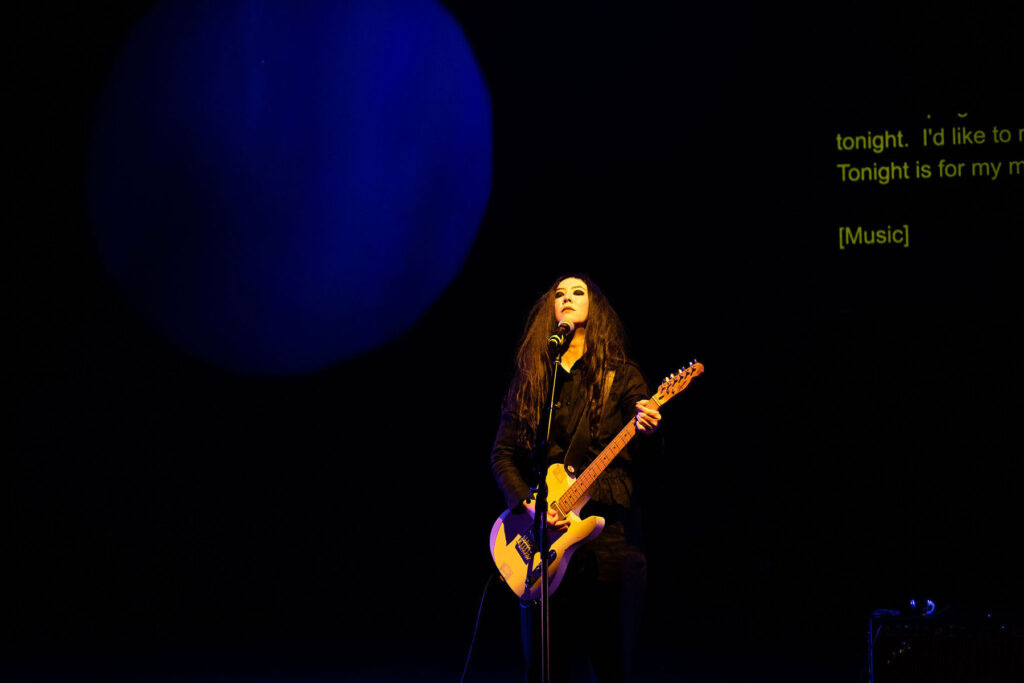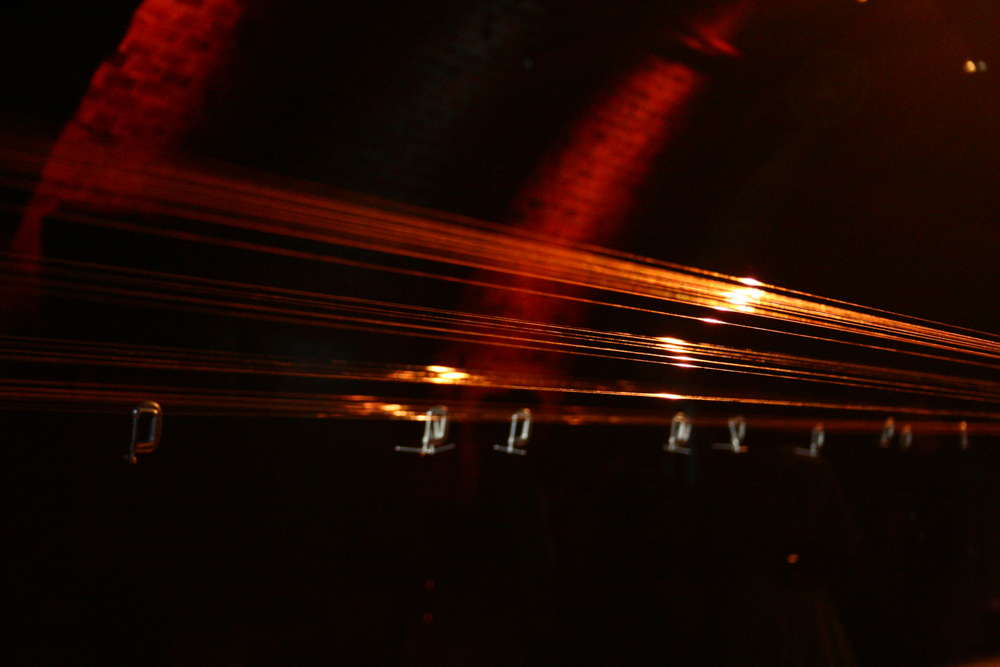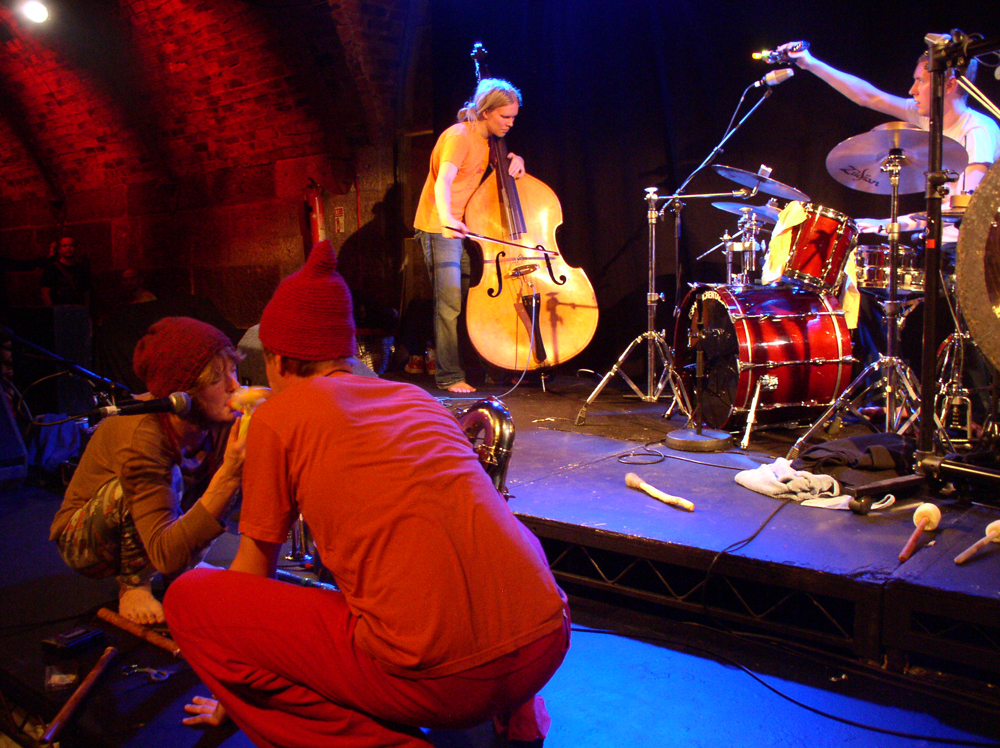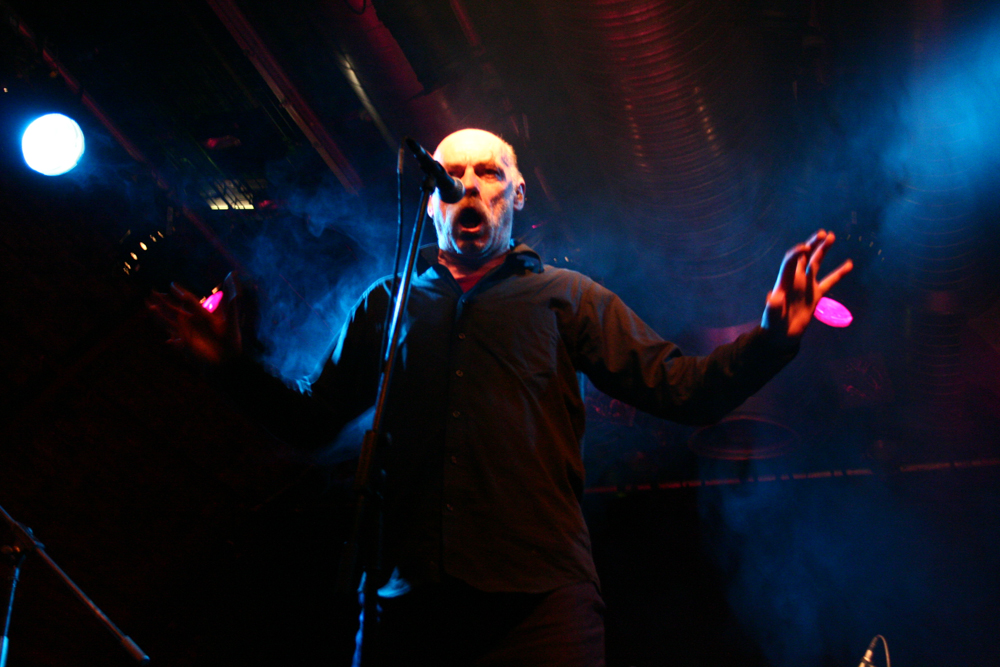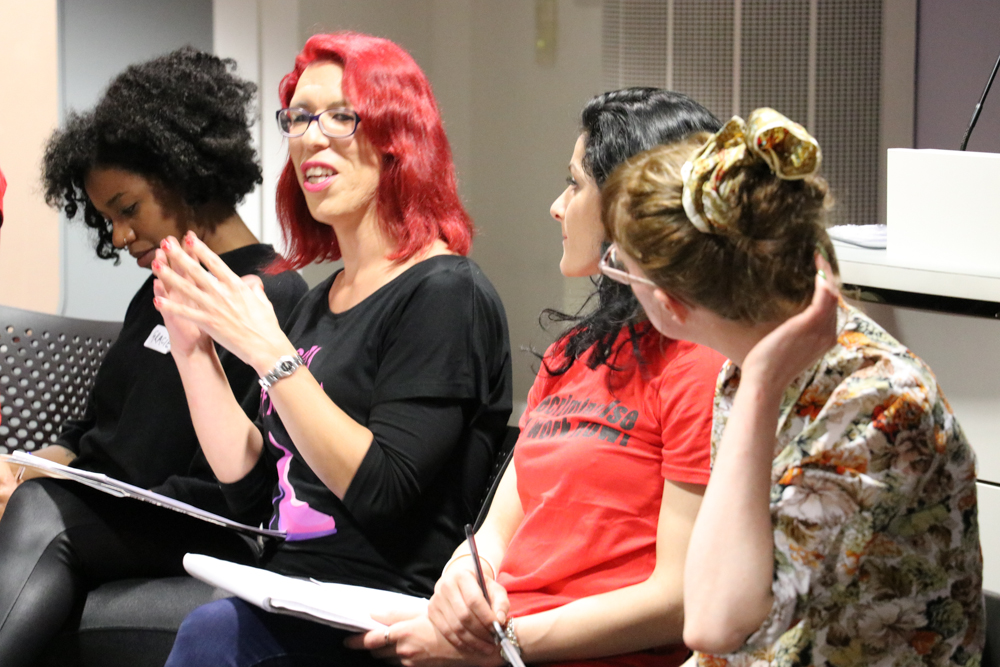
Supporting Sex Workers
Catriona O’Brien Chamindra Weerawardhana Gracie Mae Bradley Juno Mac Laura Watson Luca Stevenson Nadine Stott Paulina Nicol Sabrina Sánchez Thierry Schaffauser
Three panels offering opportunities to discuss how to build stronger alliances between the sex workers’ rights, migrants rights and reproductive justice movements and how to face, together, an increasingly punitive and reactionary system.



